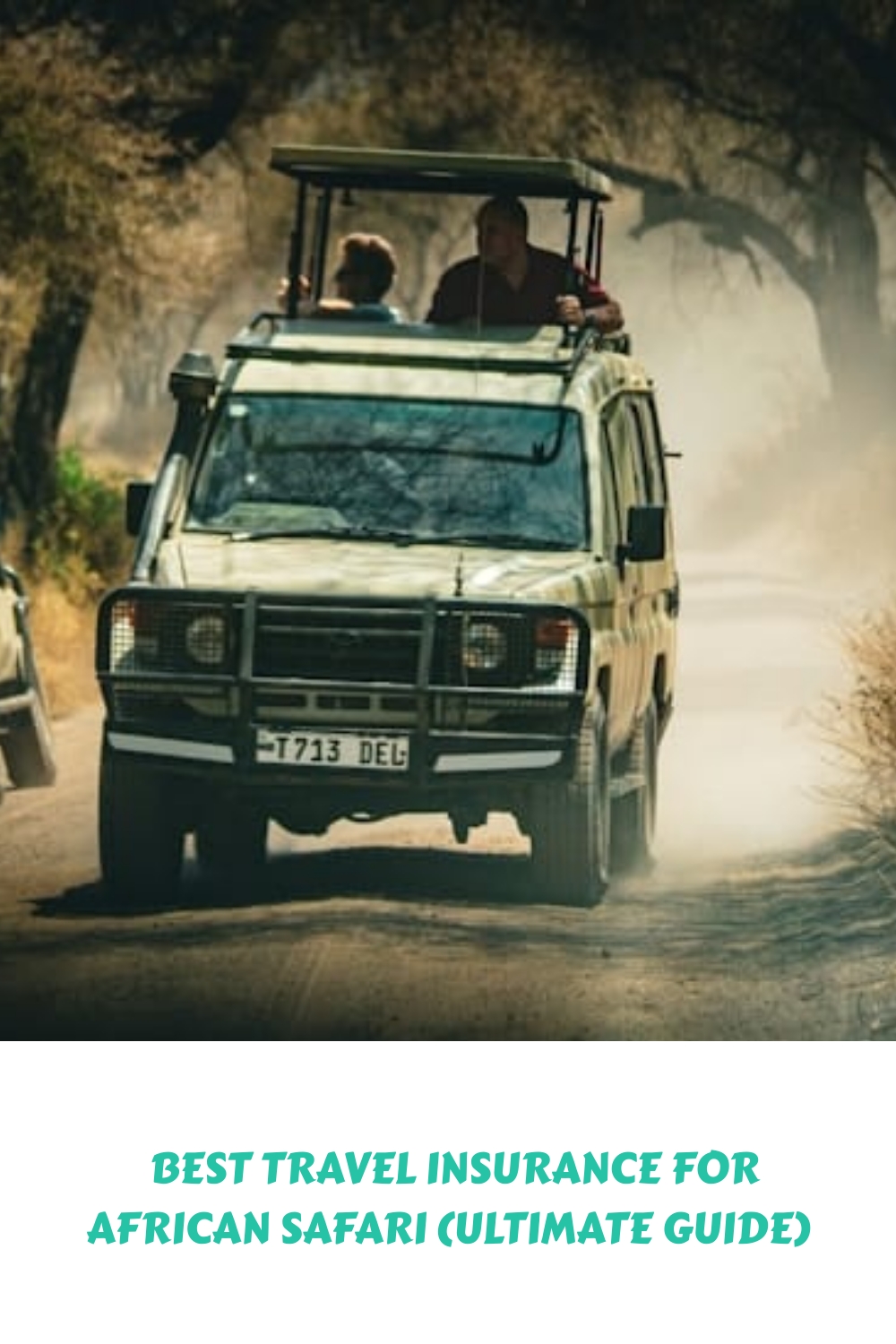For a lot of people, going on an African safari is more than just a trip; it’s the realization of a lifelong dream. However, before you pack your bags and go, it’s crucial to ensure you have the right travel insurance in place to protect your trip. To safeguard your trip, we’ve created this informative guide to help you understand how to choose the best travel insurance for African safari.
Comprehensive travel insurance plans provide a safety net against the unexpected; from medical emergencies to trip cancellations.
As you read on, you’ll discover the keys to selecting a travel insurance policy that not only meets the unique challenges of safari travel but does so within your budget. With the right plan in hand, you can set off on your epic African adventure with confidence, knowing that you are well-prepared for whatever lies ahead.
Let’s dive into understanding how to get the best travel insurance for African safari and ensure that your adventure remains unforgettable for all the right reasons.
🔍 Understanding Key Insurance Terms
When you’re getting ready for an African safari, it’s good to know some insurance terms that will help you in choosing the best travel insurance for African safari.
Excess
This refers to the amount of money that the policyholder is required to pay out-of-pocket before the insurance company covers any costs associated with a claim. This is often used to discourage small claims and can vary depending on the policy.
If you need to make a claim, you need to understand the process so that your claim is not denied. To learn more, skip to this section of the article that has a simple step-by-step video guide: How to Make a Claim: Navigating the Process
Premium
This is the amount the policyholder pays to the insurance company to purchase and maintain the insurance policy. It’s typically paid on a recurring basis, such as monthly or annually, and is calculated based on various factors including the level of coverage and the policyholder’s risk profile.
Personal liability
This provides coverage to the policyholder in case they are legally responsible for causing injury to another person or damage to their property. This can protect against financial losses from lawsuits or claims made against the policyholder.
Trip Cancellation
This type of coverage comes into play if you need to cancel your trip before it begins, due to reasons covered by your policy. These reasons can include unexpected illnesses, accidents, or family emergencies. It can also cover situations like the bankruptcy of a travel provider or severe weather. Trip cancellation insurance typically reimburses you for pre-paid, non-refundable travel expenses, such as flights, hotels, and tours.
Trip Interruption
This coverage is similar to trip cancellation, but it applies once your trip has already started. If you need to cut your trip short due to an emergency such as sudden illness, a death in the family, or a natural disaster at home or your destination, trip interruption insurance can reimburse you for the lost portion of your trip and may cover additional costs for last-minute travel arrangements to return home.
Medical Evacuation Coverage
Medical evacuation coverage is crucial, especially if you are traveling to remote or underdeveloped areas. If you suffer a serious injury or illness that can’t be adequately treated at your location, this coverage helps pay for your transportation to the nearest facility capable of providing appropriate medical care. In extreme cases, it can cover the costs of transporting you back to your home country for treatment. This type of coverage is particularly important for activities with higher risk or in areas with limited medical facilities.
Trip Delay
This is another important aspect of travel insurance. It provides reimbursement for additional expenses you might incur if your trip is delayed due to covered reasons. These reasons can include delays caused by bad weather, mechanical breakdowns of the transportation you’re using (like an airplane or train), or even a sudden illness.
When your trip is delayed for a specified amount of time as outlined in your policy (often a delay of 6 hours or more), trip delay coverage can help cover unexpected costs such as meals, accommodations, and transportation. Some policies might also cover costs related to catching up to your trip, such as the expense of a new flight if you miss a connection due to the delay.
It’s important to keep all receipts and documentation of the delay, as these are typically required when filing a claim. The coverage limits and specific terms vary depending on the policy, so it’s always a good idea to read the details of your travel insurance plan to understand the scope of coverage for trip delays.
Remember, insurance is there to help if things don’t go as planned. It’s like a safety net, so you can relax and enjoy your adventure without worrying too much about the ‘what ifs’.
🌍 Factors to Consider When Choosing the Best Travel Insurance for African Safari
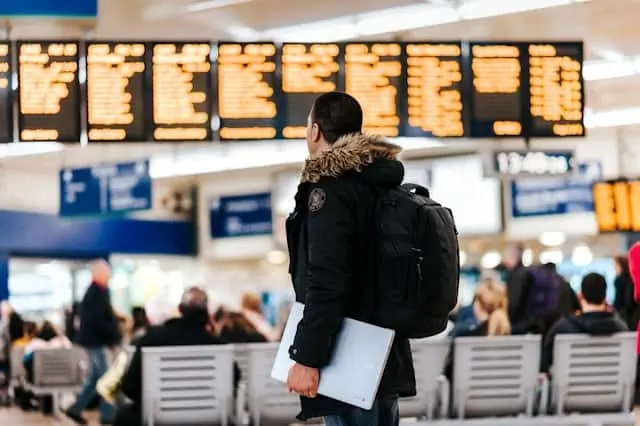
When you’re planning an African Safari, having the best travel insurance for African safari is crucial to ensure your peace of mind and safety.
🚑 Coverage for Medical Emergencies and Evacuations
Your travel insurance should provide substantial medical insurance for emergencies. Look for policies offering high medical expense coverage and extensive emergency evacuation coverage. This is vital since safaris often take place in remote areas where medical facilities may be scarce or distant.
✈️ Trip Cancellation and Interruption Policies
Choose insurance that covers you for trip cancellations and interruptions for a covered reason. If unforeseen events like travel delays force you to cancel or cut your safari short, you’ll want to be sure you can recover your costs.
👜 Baggage and Possessions Coverage
Ensure your policy includes coverage for personal belongings and lost luggage. Safaris can involve a lot of traveling, increasing the chance of baggage loss or damage.
⛈️ Weather and Natural Disaster Coverage
If you’re traveling during the rainy season, it’s a good idea to have coverage for weather-related issues. A natural disaster can disrupt your safari, so a policy that responds to such events is important.
👴 Age Limitations and Pre-Existing Conditions
If you’re a senior traveler or have medical conditions, check for any age or health restrictions. Your policy should clearly state how it handles pre-existing conditions.
🏃 Coverage for Activities and Sports
Verify that your policy includes coverage for a range of adventure sports and activities commonly done on a safari. Not all policies cover adventure activities, so it’s important to have this in mind when choosing the best travel insurance for African safari.
🥇 Best Travel Insurance for African Safari: Top Recommended Options
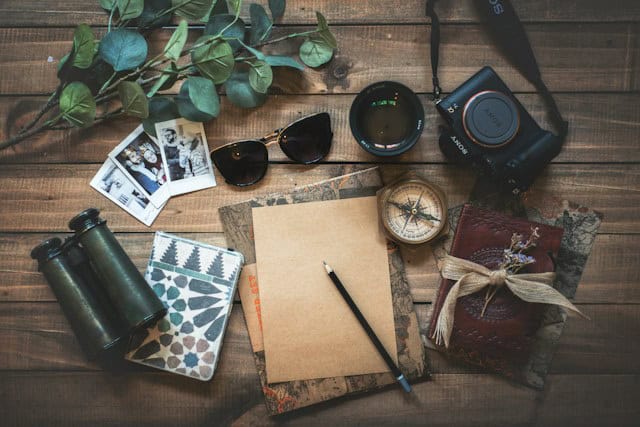
When you’re planning an African safari, you need reliable travel insurance. Let’s check out the best options to keep you covered on your adventure.
🔎 Overview of Popular Insurance Providers
World Nomads is renowned for its comprehensive coverage, making it a favorite among travelers. They offer policies that cater to adventurous activities, which is perfect for a safari. The plans are designed to cover a wide range of emergencies, including medical situations and evacuation services, ensuring that adventurers have the peace of mind needed to enjoy their trips fully.
SafetyWing travel insurance is another excellent option, particularly for digital nomads and long-term travelers. It provides flexible and affordable plans covering medical emergencies, trip interruptions, and lost baggage. SafetyWing is known for its monthly subscription model without long-term contracts, which offers great flexibility for those on the move.
Arch Insurance Company offers tailored policies suitable for the unique needs of a safari, with extensive options for coverage. Their RoamRight plans include benefits such as emergency evacuation up to $500,000, trip cancellation, and trip interruption, making them a robust choice for travelers looking for comprehensive coverage.
Specialist Travel Insurers focus on travel insurance, providing specialized policies that include excellent coverage for safaris. These insurers ensure that travelers are well-protected with detailed and specific coverages tailored to the activities and risks associated with African safaris, providing clarity and peace of mind during the adventure.
💡 Key Benefits of Each Option
World Nomads provides extensive coverage for emergencies, including medical and evacuation services. This comprehensive coverage ensures that travelers are well-protected against a variety of potential issues, making it a reliable choice for those planning an adventurous safari.
SafetyWing enhances this with affordable plans and flexible monthly subscriptions. Their coverage includes COVID-19 and up to $250,000 in emergency medical expenses, making it ideal for those seeking comprehensive and adaptable insurance. SafetyWing’s flexibility in subscription and extensive coverage makes it a top choice for digital nomads and frequent travelers.
Arch Insurance Company delivers robust travel insurance policies with benefits tailored for unexpected issues that might arise during a safari. Their policies include extensive emergency evacuation coverage, trip cancellations, and medical expenses, ensuring that travelers are well-covered for various potential emergencies.
Specialist Travel Insurers stand out due to their focus on detailed travel insurance policies. These insurers provide excellent coverage with clear terms, especially for activities specific to an African safari, ensuring that travelers have the necessary protection and support throughout their journey.
Recommended Reading: 🏆Top 25+ Best Tanzania Safari Companies (Tour Operators Reviews)
🚨 Emergency Medical Coverage and Evacuation: What You Need to Know
When you’re on an African safari, being prepared for emergencies is key. Medical care can be far away. So, your travel insurance should include emergency medical coverage and evacuation.
Medical Coverage:
- Make sure it pays for treatments at clinics and hospitals.
- Check for 24/7 assistance for finding medical help.
Maximum Coverage:
- Look for a policy that has at least $100,000 in medical evacuation coverage.
- High coverage limits help if you get seriously sick or hurt.
Evacuation:
- It should cover an air ambulance if needed.
- This gets you to the best place fast for medical care.
Remember, while on safari, immediate help may not be nearby. So, choose a plan that keeps you safe and stress-free.
🔒 Trip Cancellation and Interruption: Safeguarding Your Investment
When planning your African safari, the last thing you might think about is canceling. But trip cancellation happens, and it can cost you a lot.
Imagine you can’t go because you get sick. Or, maybe you have to come home early due to an emergency. That’s when trip interruption insurance can save you from losing your money.
Here’s why this insurance matters:
- You get back money if you have to cancel or cut your safari short.
- It can cover reasons like sickness, bad weather, or family emergencies.
It’s not just about bad surprises. If something big comes up and you’ve got to go home, this insurance helps. With most policies, if it’s a covered reason, you can be reimbursed for the part of your trip you miss.
Costs: Investing in this type of insurance is definitely smart. It usually costs about 5% to 10% of your total trip price. So, if your safari costs $5,000, expect to pay $250 to $500 for peace of mind.
There is a group called the Financial Conduct Authority (FCA) that oversees and makes sure the companies selling you insurance play by the rules. So, when shopping for the best travel insurance for African safari, it’s good to know that it’s watched over by the FCA.
Here’s a simple breakdown:
- Before the trip: Cancel and you get a refund.
- During the trip: Leave early and still get your money back.
Be sure to check your insurance terms to see what’s covered. Don’t let unexpected events ruin your adventure or your wallet. Protect your trip with the best travel insurance for African safari!
🔒 Coverage for Possessions and Personal Liability
When packing for an African safari, you bring items you need and love. Travel insurance is key to protecting those items. Suppose your bag gets lost or stolen, the right policy will help. It’s known as baggage insurance and it’s a smart choice.
Baggage insurance typically covers:
- Lost luggage: If your bag goes missing, you get money to replace what’s lost.
- Damaged items: If something breaks during the trip, it’s covered.
- Stolen goods: If someone takes your stuff, you’re protected.
Personal liability coverage is also vital. Imagine you accidentally hurt someone or damaged property. This part of your insurance can cover the costs. Sure, nobody plans for these things. But, accidents can happen, and you want to be prepared.
🧐 Coverage Options
- Standard: This usually has value limits, so check the fine print.
- Premium: Costs more, but covers high-value items like cameras or laptops.
Remember, with personal belongings, taking extra precautions always pays off. Use hotel safes and keep important things with you. Choose the right coverage options for your needs. Most of all, travel with peace of mind, knowing you’re covered with the best travel insurance for African safari.
👪 Family Safari Travel Insurance Medical Waiver
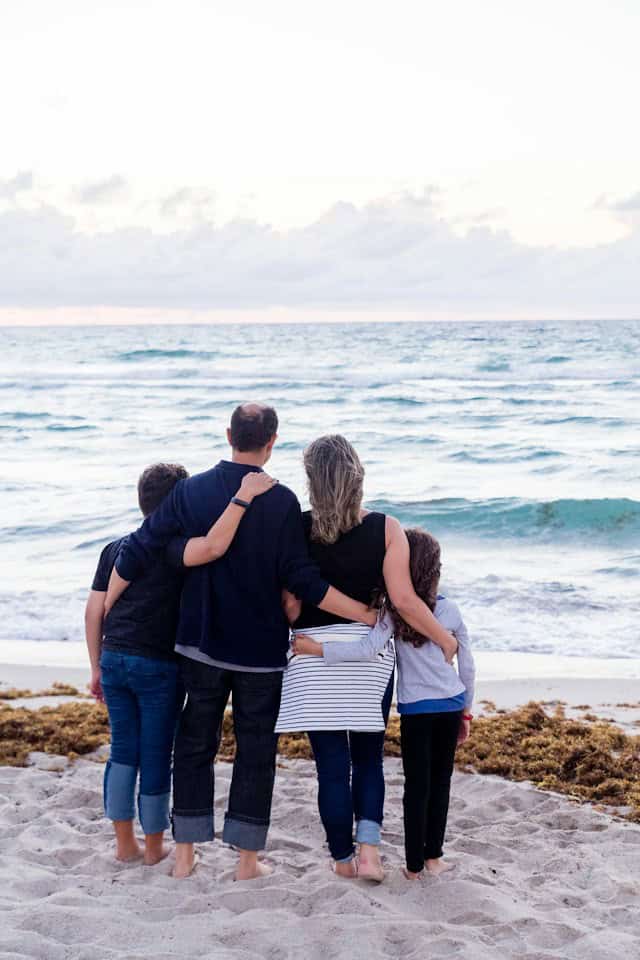
When you’re planning a family safari, thinking about travel insurance is important. If someone in your family has a pre-existing medical condition, a medical waiver can be a key benefit. Here’s what it means for you.
Medical Waiver Basics
- What is it? A medical waiver means the insurance company won’t count your existing health issues against you.
- Why it matters? Without it, if you have to cancel due to a known condition, you might not be covered.
How to Qualify
- Timing: You usually need to buy your insurance soon after booking your trip, often within 14-21 days.
- Full Trip Cost: Make sure to insure the full cost of the trip.
- Medical Condition: Report any stable and controlled conditions when you get the policy.
For the Kids
- Check if the waiver covers both adults and kids. Some policies might differ, so it’s best to ask.
Key Benefit
- Peace of Mind: You can travel knowing that if something comes up with your family member’s health, you’re more likely to be covered.
Remember, this is only part of what makes the best travel insurance for African safari. Look into the details and ask questions to make sure the policy fits your family’s needs.
Recommended Reading: 👨👩👧👦 Family Safari in Kenya | Best Tours and Packages
🌀 Additional Coverage: From Weather to Political Unrest
When planning a safari, you want peace of mind. Natural disasters or political unrest can force you to change your plans fast. Make sure to look for coverage that protects you in such cases.
- Natural Disasters: This can mean storms or floods. Your plan should cover you if you have to change or cancel your trip.
- Political Unrest: Sometimes, countries face unrest. If this happens, you might have to leave quickly. Find a plan that covers such unique situations.
Comprehensive insurance is a great choice to keep in mind when shopping for travel insurance. It includes many things that can happen on your trip, from lost bags to canceled flights. With this insurance, you can worry less and enjoy your safari more.
Remember, always read the policy’s fine print – the devil is in the details when it comes to choosing the best travel insurance for African safari.
📝 How to Make a Claim: Navigating the Process
When your safari doesn’t go as planned, reporting work for a claim is key. Start by contacting your insurer as soon as you can. You’ll usually find a 24/7 helpline for emergencies.
- Follow these steps:
- Gather evidence: Keep receipts, reports, and any proof of cancellation or delays.
- Fill out forms: Use the claim forms provided by your insurer.
Read your policy wording carefully. It tells you what’s covered and how to claim it. Check for:
- Required delay time for reimbursement
- Coverage for lost or damaged luggage
- Medical expense limits
Make sure you submit:
- Evidence of travel costs
- Proof of incident (like a medical report)
Try as much as you can to stick to deadlines for submitting your claim. This keeps things running smoothly. Be honest with your insurer to avoid any hiccups.
🛂 Ensuring a Safe and Secure Safari Experience
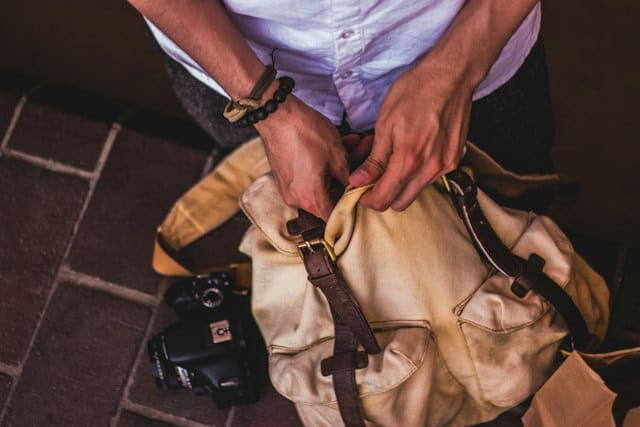
When you’re planning your safari, picking the best travel insurance for African safari is key. It’s about keeping your trip worry-free. Picking travel insurance might not be the most exciting part of planning the trip, but it’s actually one of the most important.
Your insurance should cover the basics like medical emergencies and trip cancellations. But since safaris are unique, look for policies that also cover activities like game drives and remote travel. Some insurance might even reimburse you for lost or stolen gear. Check the fine print and make sure you’re covered for what you plan to do.
Lastly, always pick a trusted insurance provider. Good customer service matters, especially far from home. So, choose a company that’s there for you when you need help the most. That’s how you ensure a safe and secure safari experience!
“Life is either a daring adventure or nothing at all.”
Helen Keller
❓ Frequently Asked Questions (FAQs): Best Travel Insurance for African Safari
Before heading out on your African safari, ensure you’re well informed about the necessary insurance coverage. These frequently asked questions will guide you through what you need to know about travel insurance for your safari adventure.
🦁 What insurance do I need for a safari?
You need travel insurance that covers medical emergencies, evacuation, and trip cancellations. Look for policies that specifically cater to safari activities.
🌐 Do I need specific travel insurance for a safari?
Yes, you need a policy that includes coverage for common safari activities. This ensures you’re protected for adventure-related risks.
🏞️ What is the safest country in Africa for safari?
Botswana and Namibia are often ranked among the safest safari destinations in Africa. However, conditions can change, so always check the latest travel advisories.
🛄 What travel insurance do I need for traveling?
Your travel insurance should include medical coverage, trip interruption, baggage loss, and emergency evacuation. Make sure to tailor the policy to your unique situation and travel plans.
🤔 What factors should I consider when choosing travel insurance for a safari in Africa?
Look at coverage limits, medical services, adventure activity inclusion, and claim processes for any policy.
🔍 How can I compare different travel insurance policies for my African safari trip?
Compare policies based on coverage details, customer reviews, price, and emergency support services.
🦠 Are there specific travel insurance plans that cover COVID-19 related issues for African safaris?
Some insurance plans now offer coverage for COVID-19-related interruptions and medical expenses. Verify this with your travel insurance provider.
👩⚕️ What should I look for in a travel insurance policy to cover potential health issues while on safari in Africa?
Your policy should include comprehensive medical coverage. This should cover hospital stays and medical evacuations.
🚵 Can you recommend travel insurance that includes adventure activities, such as safari excursions?
Providers like World Nomads are known for covering over 200 adventure activities, including safaris.
⏳ How do I ensure my travel insurance provides adequate coverage for the entire duration of my safari in Africa?
Choose a policy that covers the full period of your travel. Check for extensions if your trip is prolonged.
